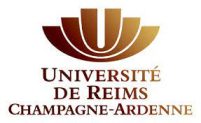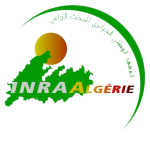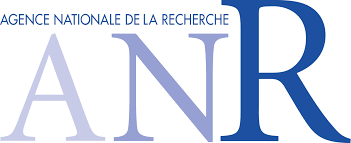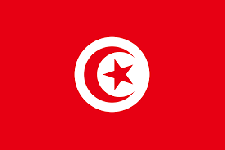ABOUT US




In the arid zones of North Africa, oases are essential for the economy. In the oases, the date palm is the main source of income for farmers. The harsh environment of the desert regions of North Africa makes these regions vulnerable to many environmental threats, especially on soils. Only a minor part of date palm cultivation by-products are recovered and recycled, including for example palm branches used for fixing sand dunes, as fences in oases. Their valorization as bioresources, with a potential effect on soil fertility (and thus on oases ecosystem productivity), has received little attention to date. Based on the few available results for the maintaining of land productivity and sustainability of the oasis system, the ISFERALDA project aims to increase resilience to climate change of agroecosystem while ensuring comparable or higher incomes to local farmers in semi-arid and arid areas. The project aims at developing the use of organic amendments based on local agriculture wastes, and more specifically the date palm residues (and optionally other vegetal or animal residues or mineral compounds), as a key tool in land restoration. Based on traditional production (composting, pyrolysis), the project will focus on refining processes and improving products’ quality and adequacy with plant needs and substrate properties. Innovative farming systems will be developed and contribute sustainable management of date production, generating income and creating employment as well as improving environmental parameters. The influence of different kinds of organic amendments on environment, yield, and socio-economic development will be assessed. ISFERALDA will therefore design a new strategy to support agricultural practices within a framework acceptable to local actors and in line with the objectives of circular economy of local resources and sustainable development. The innovation potential of the project is based on a multidisciplinary and highly integrated approach.















